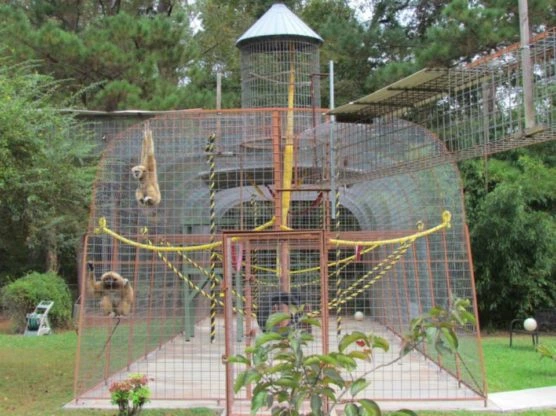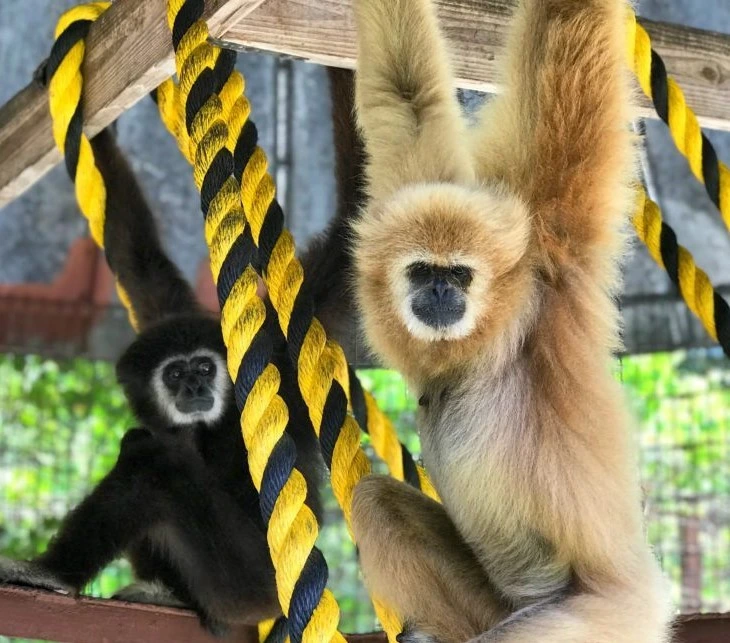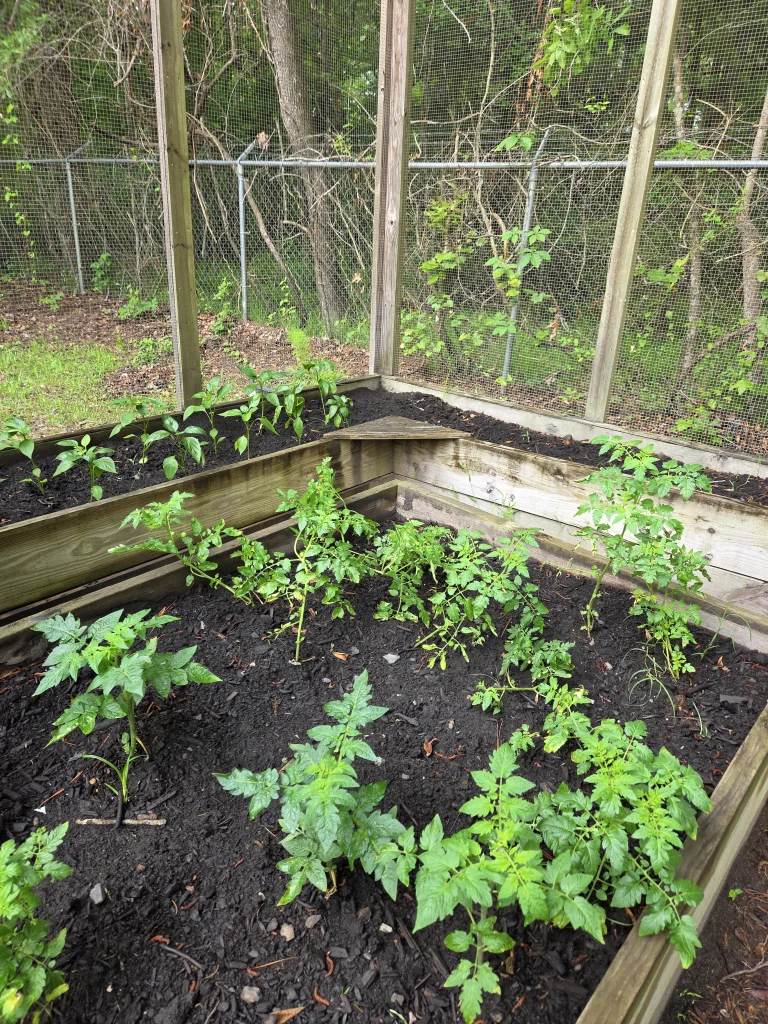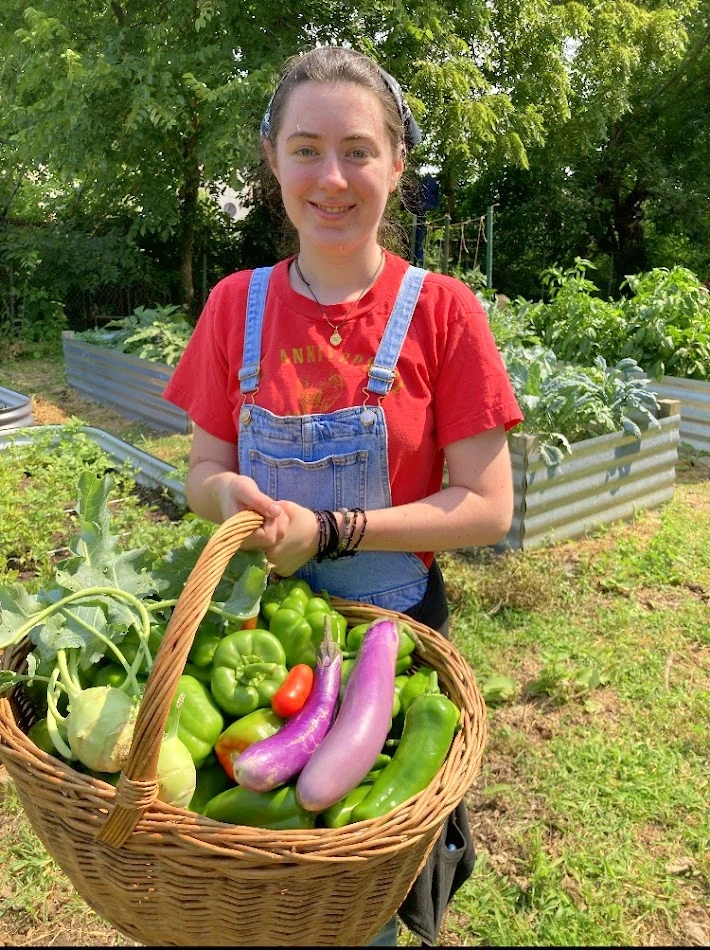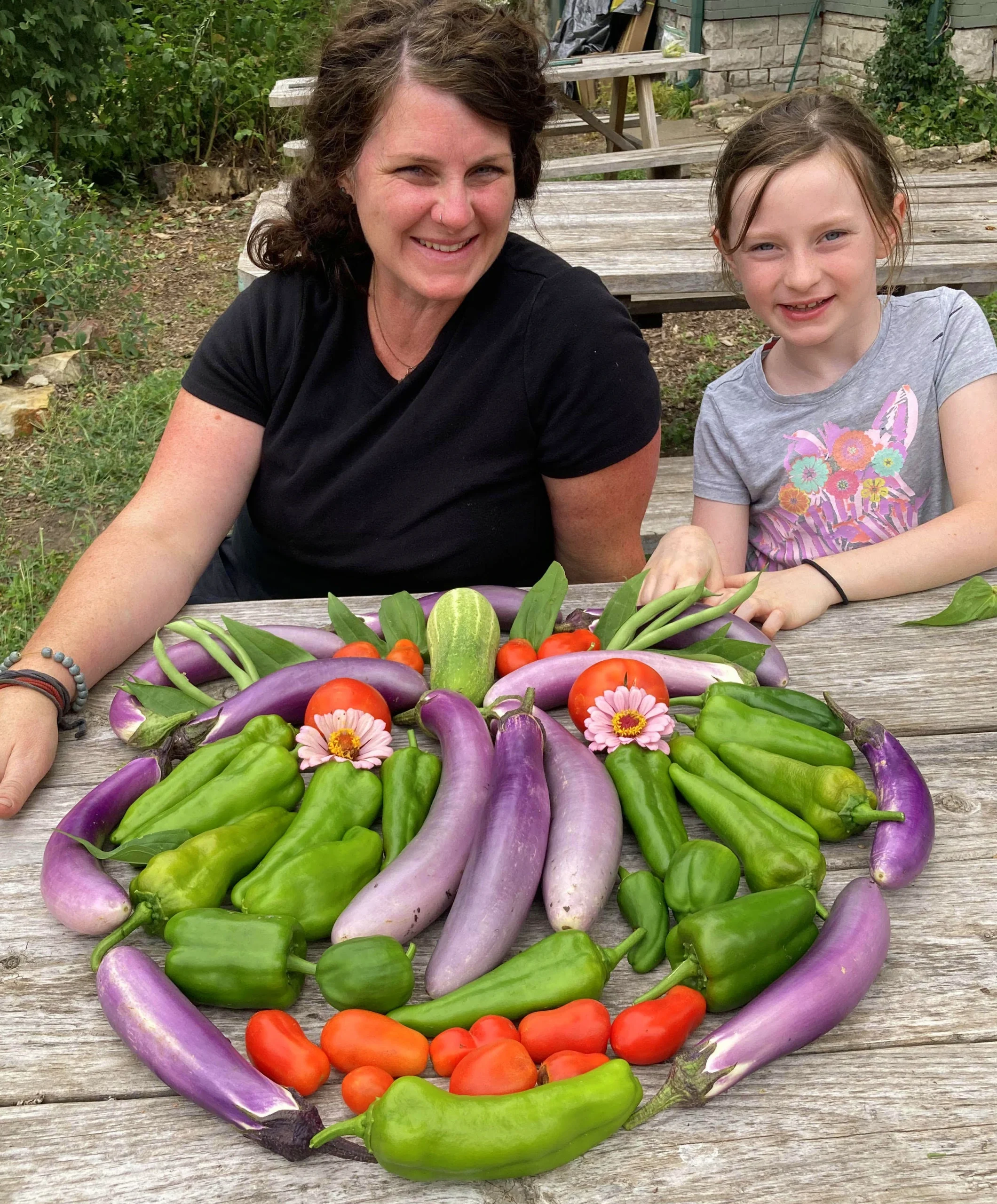Over the past 15 years, we have hosted hundreds of Katie’s Krops Dinners. Looking back, I am overwhelmed with gratitude. At just 12 years old, I could never have imagined that a single cabbage would grow into an initiative that provides free, healthy meals to thousands in our community.
More than 14 years ago, a need presented itself in my community. Families and individuals facing hunger had lost access to hot, healthy, free meals when the only soup kitchen in our area was forced to close for financial reasons. I may have been only twelve, but I recognized that our local Katie’s Krops Gardens could be the solution.
What was that solution? Using the harvest from our gardens, we could create nutritious, hot meals for anyone in need in my hometown of Summerville, South Carolina. Up until that point, we had always donated our harvest to food pantries, soup kitchens, and directly to families in need, but we had never cooked with it ourselves. I approached the head of Food Services at my school, Mr. McNeill, and my 6th-grade science teacher, Cory Miller, and together we created a plan. We would craft a meal based on what we grew, purchasing what we couldn’t cultivate. Our garden volunteers would help us prepare the dinner. And just like that, the very first Katie’s Krops Dinner was born.
What started as a small effort has flourished into something truly special. Thanks to the unwavering support of our community, we have grown into a vital service, now preparing and sharing meals from the Fellowship Hall of Summerville Baptist. As we approach our 15th anniversary, I am deeply grateful for this journey and the incredible impact we have made together.
I don’t ever want to take for granted how blessed I am to have found my path at such an early age. None of this would have been possible without the support of my neighbors, friends, and even complete strangers—people who believed that a young girl could make a big impact. Their faith in me shaped this journey, and now I have the privilege of paying that belief forward to kids across the country, empowering them to create change in their communities.


